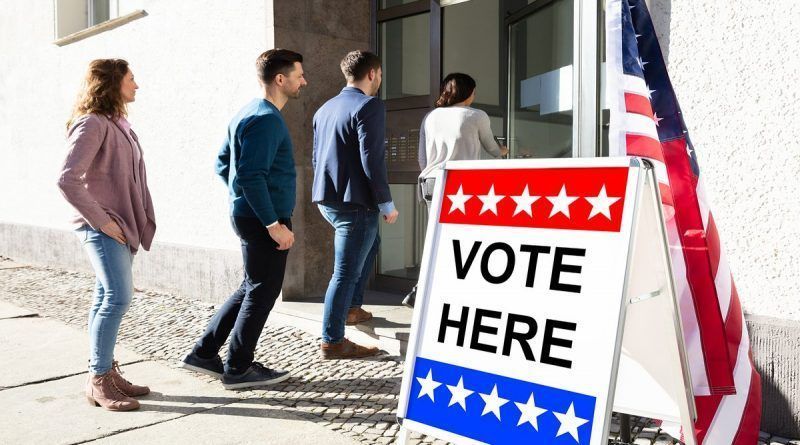Five states in the U.S. will vote on banning slavery
Five states in the U.S. will vote on banning slavery
Residents of Alabama, Vermont, Louisiana, Oregon and Tennessee will vote Tuesday in referendums to enshrine in their state constitutions a provision banning criminal slavery. The election commissions of the listed states gave the corresponding data.
Slavery was actually abolished in the United States in 1865, with the adoption of a corresponding amendment to the Constitution of the United States. Similar amendments to the constitutions of individual states also took decades. The federal constitutional amendment, however, allowed, and still allows, the enslavement of man as punishment for debt. Amendments to state constitutions tended to close this possibility as well, but in most cases the practice itself disappeared over time, but provisions permitting such a measure, or the lack of an explicit prohibition against it, remained in a number of states. Residents of Alabama, Vermont, Louisiana, Oregon, and Tennessee are expected to support a ban on “criminal” slavery.
Abortion and contraceptives.
Five states will put abortion rights initiatives on the ballot for referenda. In California and Michigan it is proposed to enshrine the right in the state constitution, in Kentucky – to prescribe in the constitution a ban on most abortions, except in cases of threats to life and health. In Montana, a proposal to recognize the fetus as a legal entity has been submitted to a referendum. This would mean that medics would be required to take steps to save its life and would not be able to perform abortions.
In Vermont, the right to abortion is already enshrined in the constitution, but here voters are asked to vote for the Reproductive Freedoms Act, which, among other things, enshrines rights to pregnancy and the use of contraceptives.
Bookmakers vs. Indians
California is deciding whether to allow online betting on sporting events. For several months the leading American bookmakers have been campaigning for this measure. The Indian tribes on whose territory gambling is legalized are against it. They insist that sports betting can only be done in person on tribal territory.
As noted by The Wall Street Journal, bookmakers and Indians together spent $400 million to promote their initiatives. The newspaper believes that the victory will go to the representatives of the tribes.
Substances, electric cars and taxes
In six states, voters are being asked to answer questions about the ability to use substances with narcotic effects for medicinal purposes. In Arkansas, Missouri, Maryland, North Dakota and South Dakota, the possibility of such use of marijuana is on the ballot. Previously, 19 out of 50 states had passed such resolutions. Colorado is proposing to allow psilobicin to be used for this purpose. Only Oregon had previously adopted such a measure.
In California and Massachusetts, it is proposed to raise taxes on particularly large incomes. And in the first of these states, the additional funds received as a result of this measure are planned to be used for the development of infrastructure for electric cars.
In Nebraska and Nevada, minimum wage increases are proposed (to $15 per hour and $12 per hour, respectively). In Iowa, a provision is being added to the constitution enshrining the right to own guns, and in Oregon, restrictions on that right (such as a ban on magazines larger than 10 rounds).
